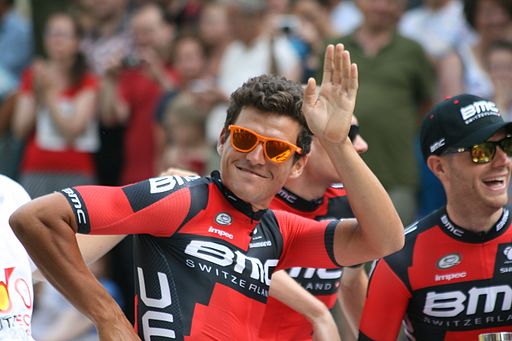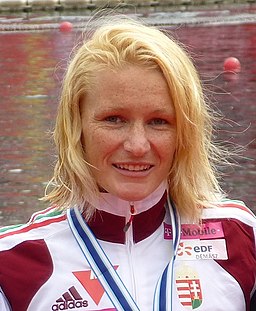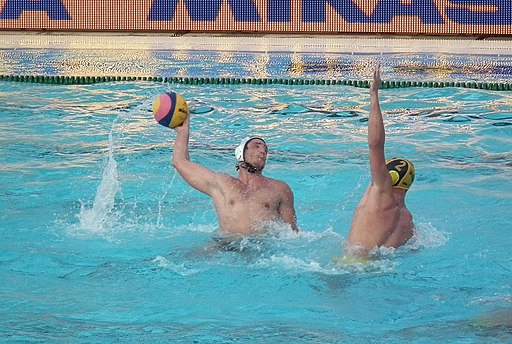Pyeongchang 2018 Review of Day 13
It was a day in which a number of countries broke long droughts, and the United States, featuring Hilary Knight (above), did so in ice hockey, winning the perennial gold medal final with Canada for the first time since 1998, although it needed a shootout to do so.
For Team World, snowboarder Zoi Sadowski-Synnott took bronze in the first ever big air competition at the Olympics, behind Austria’s Anna Gasser. In doing so, she became New Zealand’s first Winter medallist since 1992, but it took less than two hours for the Kiwis to win their next, which came from Nico Porteous in the freestyle skiing halfpipe.
The most astonishing result of all came in short track speed skating, where the men’s relay was won by Hungary, which has previously only won medals in ice skating, mainly in the 30s, 40s and 50s, and with the last coming in 1980. It was its first ever gold, and gave some consolation to Elise Christie whose boyfriend is part of the Hungarian team.
South Korea failed to add to its gold medal tally, as Suzanne Schulting claimed the first title for Netherlands in the short track version of the sport, and China, which will host the next Winter Olympics in Beijing, won a first gold of the Games through Wu Dajing.
In Alpine skiing, Andre Myhrer completed a double for Sweden in the slalom events, as Marcel Hirscher crashed out, and Myhrer also became the first Swedish man to collect gold since the great Ingemar Stenmark. In the combined, Mikaela Shiffrin had to settle for a silver behind Michelle Gisin of Switzerland, but already has three career medals.
Germany’s Nordic combined team skied away with what was surprisingly its first title.














